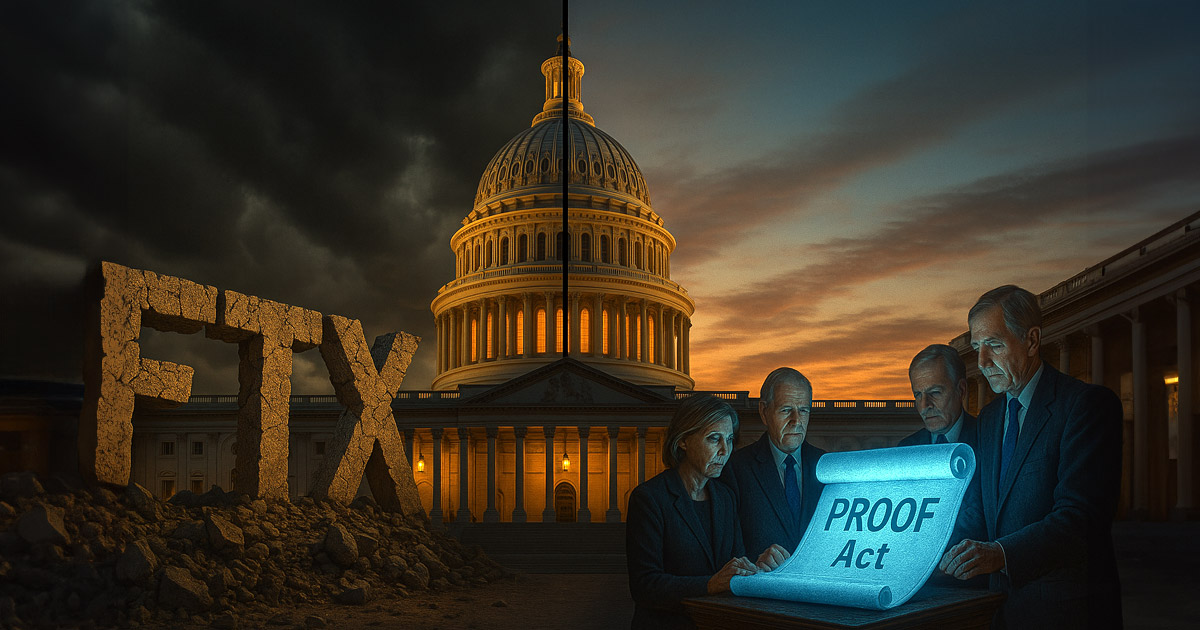Senators reintroduce legislation to tighten rules on crypto custody

US Senators Thom Tillis (R-NC) and John Hickenlooper (D-CO) have reintroduced a legislative measure to prevent digital asset custodians from co-mingling customer funds with institutional or proprietary capital.
The bill, dubbed the Proving Reserves of Others Funds (PROOF) Act, also mandates monthly third-party inspections of custodial reserves, building on standards already used informally across the digital asset sector.
Initially introduced in 2023, the PROOF Act was a response to systemic failures exposed by the collapse of the crypto exchange FTX.
According to an excerpt from the reintroduced legislation, FTX’s implosion was driven by two operational flaws: the co-mingling of customer assets with corporate funds and the diversion of customer deposits to Alameda Research, a related entity.
These practices contributed to a critical reserve shortfall that left users without recourse when the platform failed, leading to losses of over $8 billion.
Safeguard requirements
The PROOF Act proposes two primary requirements for digital asset exchanges and custodians. First, it would establish regulatory standards that explicitly prohibit mixing customer and institutional funds.
Second, it would obligate these platforms to undergo monthly Proof of Reserves (PoR) inspections conducted by a neutral third party, preferably a certified auditing firm.
Under the bill’s provisions, the results of each PoR inspection would be submitted to the US Department of the Treasury, which would be responsible for publicly disclosing the findings.
Entities that fail to comply would face civil penalties under a tiered enforcement structure, with repeat violations triggering escalated consequences.
The bill defines PoR as a cryptographic method that enables exchanges and custodians to verify asset backing for user deposits. Techniques such as Merkle trees or zero-knowledge proofs allow these entities to demonstrate reserve holdings without disclosing sensitive information.
The process is designed to maintain transparency while respecting the privacy and security of the platform and its users.
‘Critical step’
Although several crypto firms have voluntarily published reserve attestations since the FTX collapse, the PROOF Act addresses gaps in standardization and oversight. The bill notes that many prior implementations were inconsistent and lacked certified public accountant (CPA) validation.
Tillis and Hickenlooper’s proposal seeks to move the practice from voluntary to mandatory, requiring uniform reserve verification across platforms that custody digital assets. The legislation emphasizes that American users of crypto exchanges deserve clear assurances about the solvency of custodial institutions holding their deposits.
Chainlink cheered on the bill reintroduction on an X post, calling it a “critical step toward establishing Proof of Reserve requirements for digital assets.”
The post added:
“As more real-world assets move onchain, legislation such as the PROOF act reinforces the importance of Proof of Reserves and is essential in ensuring transparency for the digital asset industry.”
Mentioned in this article



